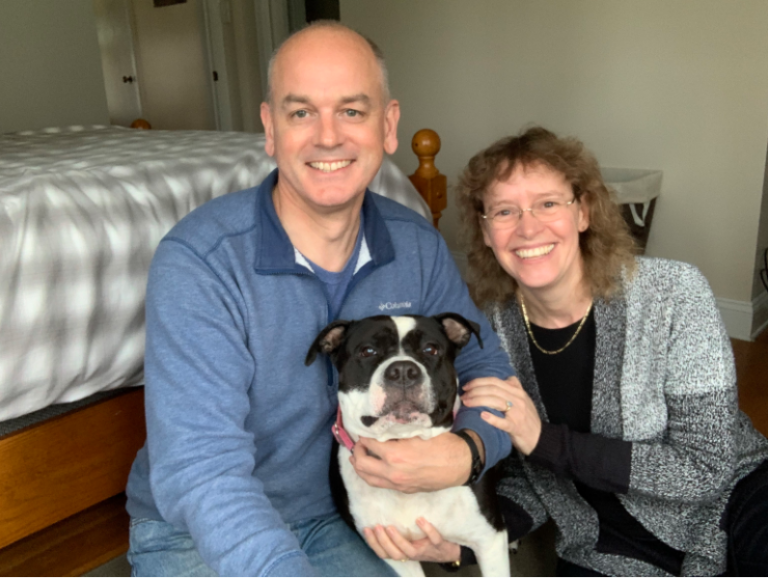Faculty Feature: Q & A with Elaine Farndale
Elaine Farndale is a professor of human resource management and associate director of the School of Labor and Employment Relations. She is also the graduate program director for the school and the director of the Center of International Human Resource Studies. Dr. Farndale earned her doctorate from the Cranfield School of Management, Cranfield University, Bedfordshire, United Kingdom.
1. What are your areas of expertise and research, and how did you decide to focus on those areas?
“I focus on international human resource management and strategic human resource management. I’m interested in how HR contributes to organizations, but at the same time, how it creates a positive experience for employees. I’m interested in the international side of things because employee experiences can hugely vary across countries. My focus is on the big picture of how people in our organizations are impacted by different HR practices, how that affects the organization, and how that varies across the world.
“My interests in these areas stemmed from my experience working in HR and also my love of travel. I enjoyed all of the different HR activities, but what really drove me was seeing how HR made a difference in the way a unit or organization operated. I’m combining my personal experiences with something that I’m passionate about and conducting beneficial research.”
2. What current research projects have you been working on?
“I have two primary projects at the moment. The first is a long-term project I’ve been involved with since I was working on my doctorate and that’s the CRANET survey. CRANET is a survey of HR practitioners across the globe that we run every four or five years. It allows us to ask HR people in all types of organizations about policies, practices, and more. Each round of data, we see how things change across time and countries. For example, we’ve seen that HR departments are generally becoming more strategic over time. We can also see if the same HR practice has the same effect in different countries. The other project I’m involved in is more on the employee end of the spectrum. We’re surveying employees to see how they perceive the HR practices that are being implemented in their organizations.
“I’ve also got other projects underway that focus on current circumstances -- what we’re calling political nationalism and the closing of borders when it comes to people moving around and working in different countries. Another bit of the same research focuses on employing local people rather than moving people in. In emerging economies where you generally don’t already have people with a broader experience or education, you tend to move people into those countries. That’s not as easy to do now as it used to be and it’s also not a long-term solution. We’re researching what should you be doing at that local level to attract people into your organization rather than relying on moving people globally.”
3. What are you planning to do with the data you’ve collected from these projects?
“All of these projects serve several different purposes. One, when companies get involved in the research, they get some kind of report back with our findings. Another primary aim is to publish the research for others to read. The research is published across a range of different journals that help to advance knowledge across the field and also give practitioners insight. The third outcome of the research is teaching. For example, I’m in the middle of writing a textbook on international HR, so the research that we’re doing gets fed into that book. It’s also all the material I use when I’m teaching classes.”
4. Why do you think it is important to understand and study these things? How does society, businesses, or communities benefit from your research?
“It’s important to study this because it involves people. At the end of the day, all of us work for a living, so why shouldn’t work be a pleasant experience? That’s ultimately everybody’s goal and it’s also a goal for most organizations. The happier people are at work, the better the environment, and the more productive they are. It’s good for people and it’s good for organizations if we can find what works, what doesn’t, and understand why. At the end of the day, it’s good for the economy as well.”
5. What are some of your hobbies outside of work?
“I’ve probably got more hobbies during the pandemic than pre-pandemic! With any spare time, I’d normally be traveling somewhere around the world. Thailand is my favorite place to really unplug and relax.
“Since March, I have a renewed interest in gardening and growing vegetables. We’ve recently adopted a dog, Jayda, so dog walking, spending time outdoors, and doing the things I don’t normally have time to do are my pandemic hobbies!”
September 10, 2020
